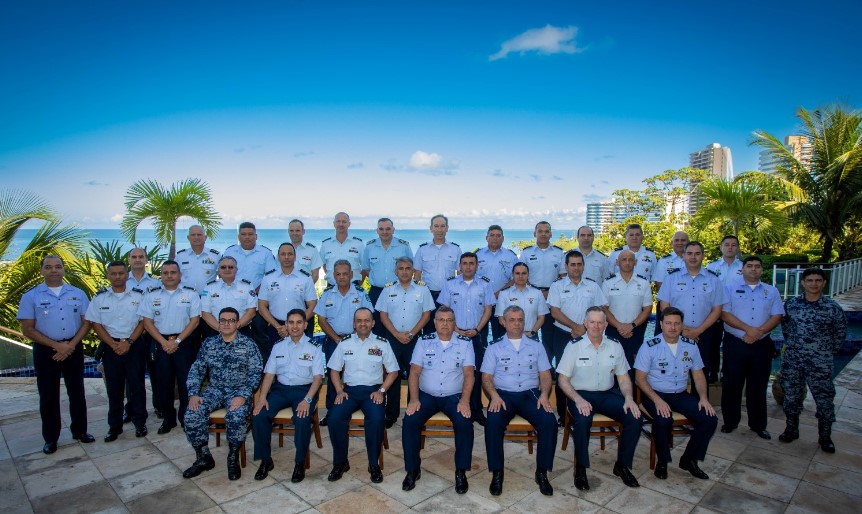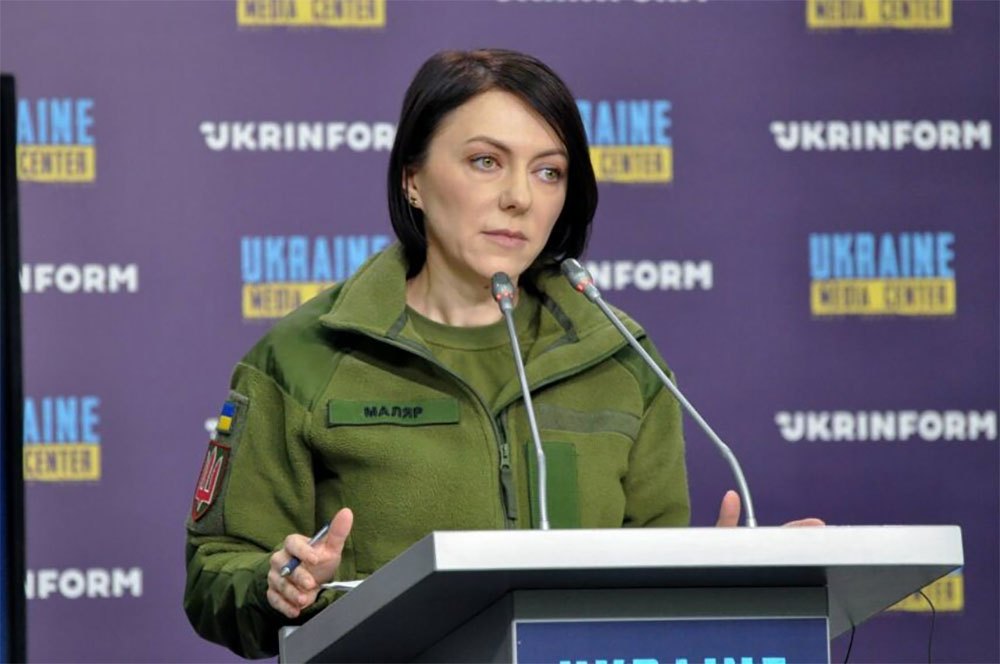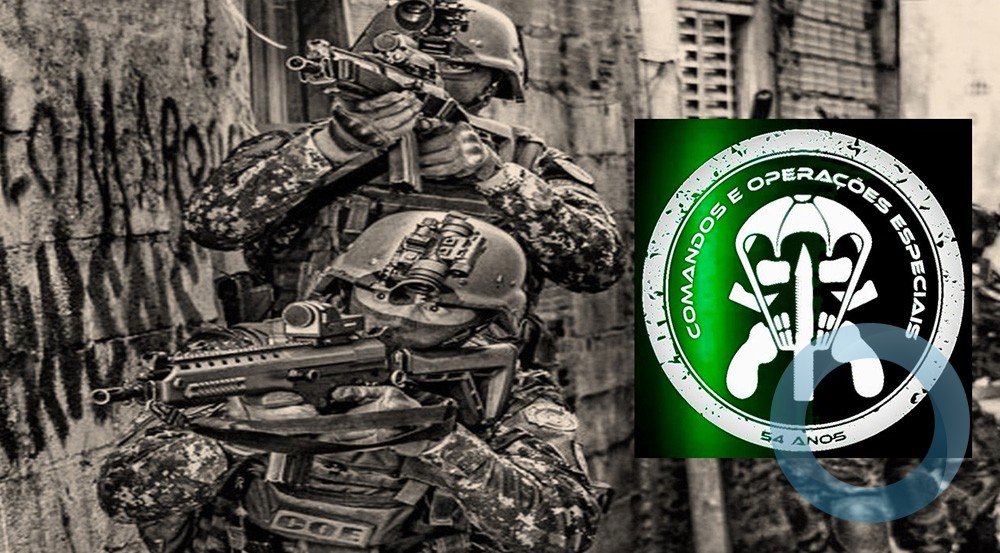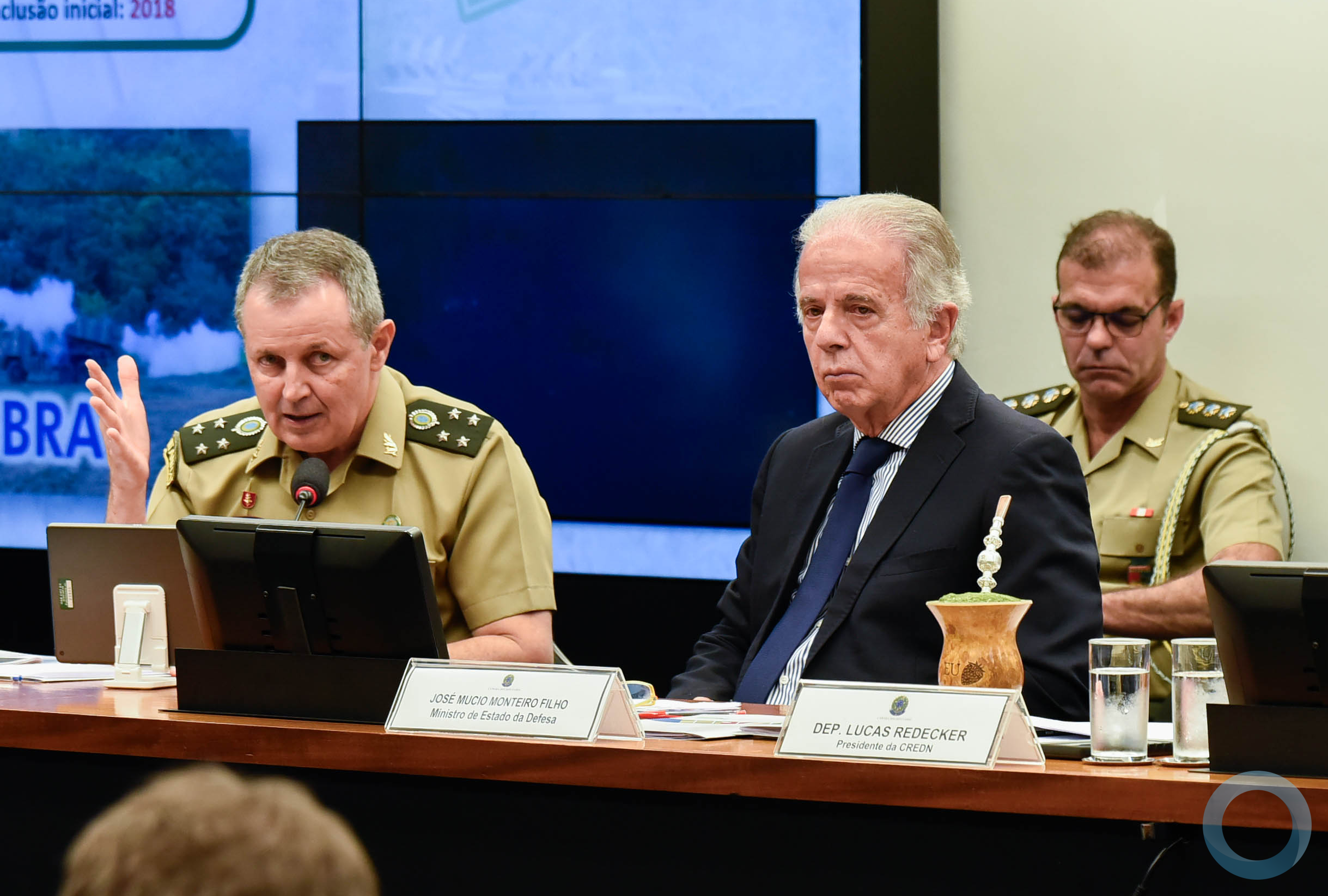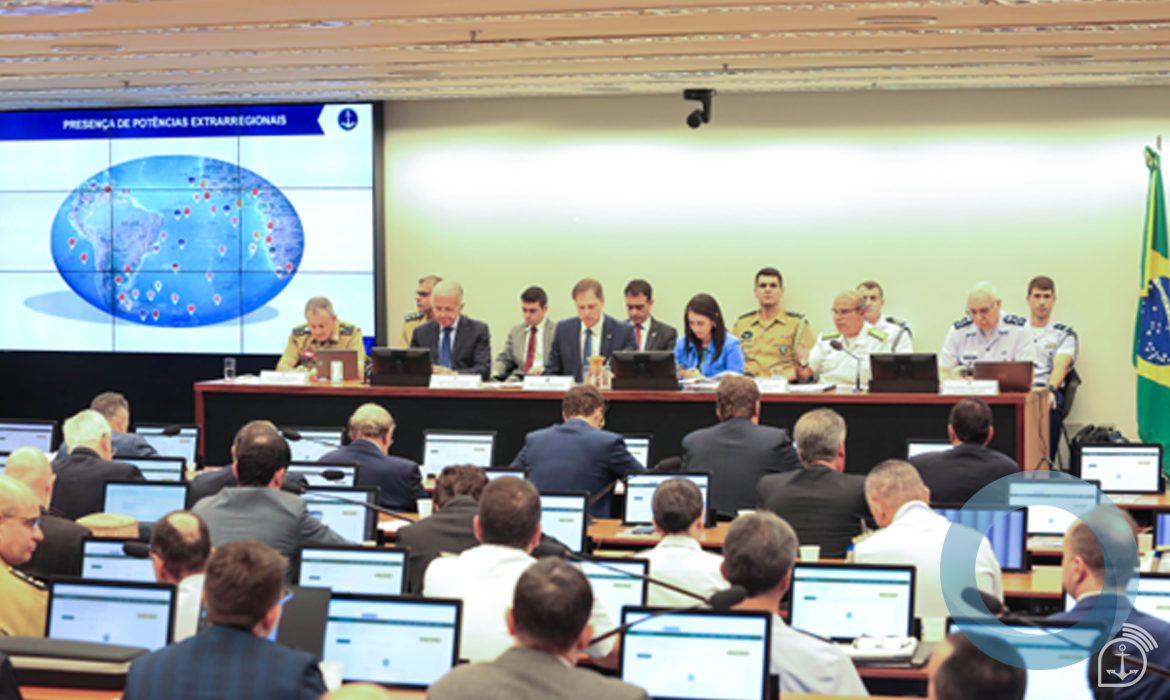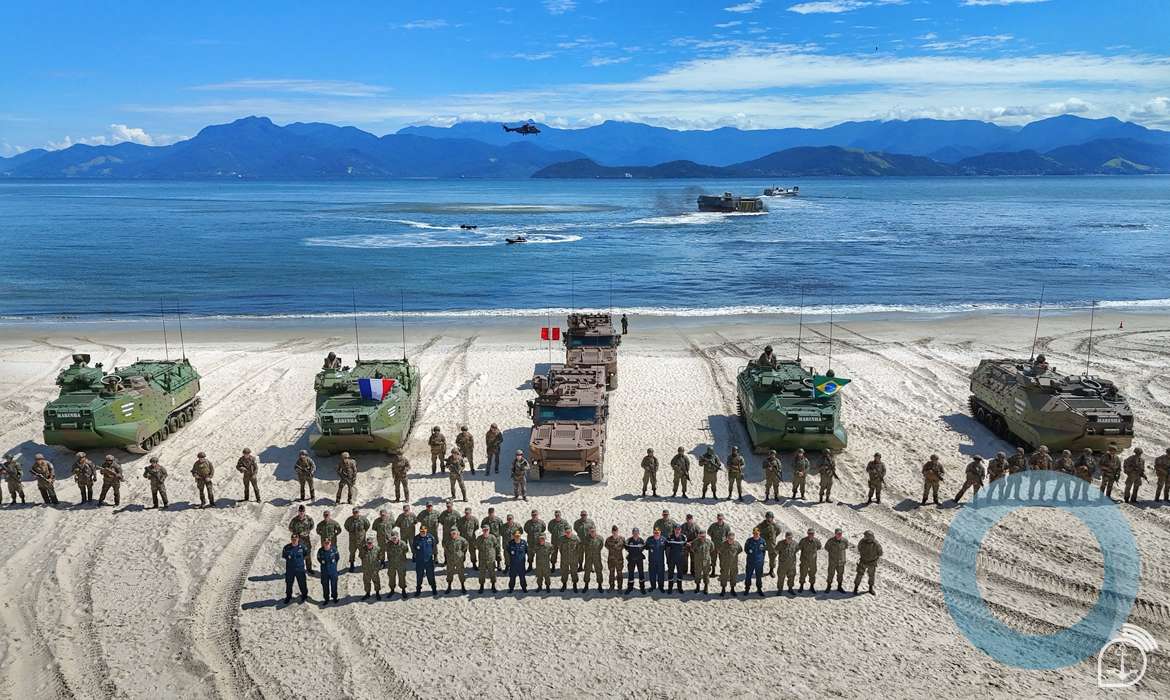Jamie Merrie
The Independent , London
The Falkland Islands have been left without the protection of a British frigate or destroyer for the first time since the conflict in 1982, The Independent can reveal.
The Royal Navy has been committed to providing a “permanent presence” of a major warship in the South Atlantic since a naval taskforce liberated the Falkland Islands from Argentinian occupation 34 years ago.
However a manpower crisis, a need to deploy vessels to monitor Russian naval movements closer to home and a string of engine problems with the Royal Navy’s much-vaunted Type 45 destroyers has meant that no warship has been dispatched to the South Atlantic since a frigate returned from the region in November 2015.
Emily Thornberry, the shadow Defence Secretary, labelled the situation as “unacceptable” and demanded that the Ministry of Defence “immediately” dispatch a warship to the region.
She said: “In one area after another we have seen the impact of the savage cuts made to our armed forces since David Cameron came to office, but even by those low standards, it is unacceptable that the government is failing to provide the protection for the Falkland Islands that has been promised, and that that Islands have a right to expect as British citizens. The Ministry of Defence must rectify the situation immediately.”
The row over the Royal Navy’s role in South Atlantic also risked embarrassing the Prime Minster as it comes days after he was forced to dismiss Argentinian claims to water surrounding the Falkland Islands.
On Tuesday David Cameron vowed to defend the islander’s rights after a United Nations commission recommend that Argentina’s maritime territory should be expanded by 35 per cent to surround the islands.
Ministers also face further embarrassment as it has also emerged that a manpower shortage and technical problems with the Royal Navy’s latest advanced destroyers has forced naval commanders to confine several warship to port. The Independent can reveal that these include Type 45 destroyer HMS Dauntless, which has been relegated to serving as a training ship, and the frigate HMS Lancaster both of which are docked in Portsmouth.
The Royal Navy’s fleet six Type 45 destroyers, which includes HMS Dauntless, has been dogged by reliability issues since the first vessel entered service 10 years ago. The air defence vessels each cost £1bn and can track hostile aircraft up to 200 miles away. However earlier this year, however, the Ministry of Defence was forced to announce a plan to upgrade their troubled propulsion systems.
Naval analysts say HMS Dauntless is the “worst offender” of the six vessels and that she has now been confined to port as a “training ship” where duties have included welcoming visiting foreign dignitaries and providing a platform to train military guard dogs
Since the 1990s numerous rounds of defence cuts have reduced the Royal Navy’s fleet of destroyers and frigates to just 19 vessels Lord Sir Alan West, a former First Sea Lord, said this was “not enough” for a “medium power whose prosperity requires unimpeded maritime access and transit”.
Last night a Royal Navy source insisted that HMS Clyde – a small and lightly armed offshore patrol vessel – remained permanently based on the Falkland Islands, but admitted that “operational considerations” and the “current threat level” meant that no major warship was assigned to Atlantic Patrol Tasking (South), the Royal Navy’s long-standing mission to protect the islands.
Security experts said the failure to deploy a major surface combatant to the region was most likely due to the growing challenge being posed by the Russian Navy. Earlier this week frigate HMS Somerset was scrambled to escort Russian warships near British waters when a convoy of vessels passed through the English Channel.
Dr Lee Willett, head of the IHS Jane's Naval Desk, said the lack of a destroyer or frigate in the South Atlantic “doesn’t mean the commitment to the Falkland Islands isn't there.” He added: “The South Atlantic is an area of key national interest and the Royal Navy can and does deploy vessels to the region when required by national taskings."
On the issue of the Royal Navy's size, he said that the fleet's size was "tight" and argued that reductions in frigate and destroyer numbers may have been made at a time when a "Russian naval resurgence" had not been anticipated.
A Ministry of Defence spokesperson, said that the Royal Navy was meeting its commitments from “the Baltic Sea to the Gulf” and that Falkland Islands remain “well protected” by HMS Clyde, a Royal Fleet Auxiliary support ship and 1,200 UK personnel operating RAF Typhoons and ground defences.”
They added: “HMS Dauntless and HMS Lancaster are not mothballed and remain very much part of the fleet.








